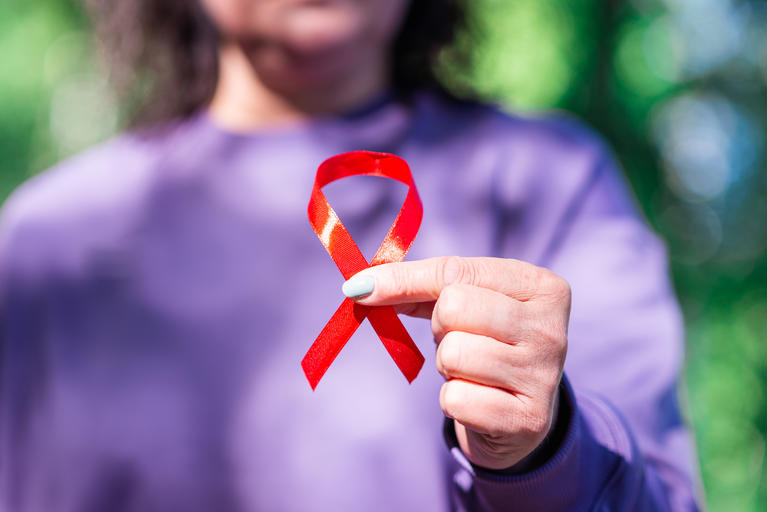HIV stigma
Nearly 15,000 people across Colorado are living with HIV. Moms, dads, sons, daughters, co-workers, neighbors, friends. HIV can affect anyone. It’s time to end the stigma against HIV.
HIV stigma refers to irrational or negative attitudes, behaviors, and judgments towards people living with or at risk of HIV. It can negatively affect the health and well-being of people living with HIV by discouraging some individuals from learning their HIV status, accessing treatment, or staying in care. HIV stigma can also affect those at risk of HIV by discouraging them from seeking HIV prevention tools and testing, and from talking openly with their sex partners about safer sex options. (Source: Centers for Disease Control and Prevention)
HIV stigma is different from discrimination. HIV discrimination can look like a health care professional refusing to provide services to a person living with HIV or at risk of HIV or socially isolating someone in your family because they are living with HIV.
What can you do about HIV stigma?
Protect you and your partner’s sexual health by starting the conversation.
Nearly 85% of people say that they’re comfortable having the conversation about STIs with their sexual partners. But if you find yourself feeling uncomfortable about having the conversation, that’s ok. You should be proud of yourself for taking the first step!
Even if you don’t know exactly how to have the conversation, talking about STIs doesn’t have to be a source of anxiety for you or your partner. Here’s how to get started.
Speak with your doctor or other health care provider about getting tested for STIs. There are many free and confidential testing locations across Colorado. (You can find many of them here.) Once you have your results, you’ll know your health status and risks so that you’re more knowledgeable for the conversation with your partner(s).
There is no wrong time, but the best time to have the conversation is before you have sex with your partner. That way, you can enjoy a healthy sexual experience without worrying about risks.
Keep it relaxed. This doesn’t have to be a formal conversation. Tell your partner that before you have sex, you want to know what you’re each dealing with, so that you can take steps to both stay safe.
Here are a few talking points you can use for your conversation:
- I want you to know that I was last tested in ____ and my results were ____.
- Let’s make sure we're both protected.
- We can enjoy sex more if we know it’s safe.
- I want you to get tested because your health is important to me.
- Let’s test together.
- Do you know if you have any STIs?
- How often do you use protection?
- Do you have any other sexual partners?
- When’s the last time you were tested for an STI?
You can both enjoy a healthy sex life – even if your partner discloses an STI. Many STIs are curable, and those that aren’t are treatable. For example, even if your partner is living with HIV, they can become undetectable if they’re on medication, which means that they cannot pass HIV to you.
Enjoy safer sex by talking about your sexual health!
